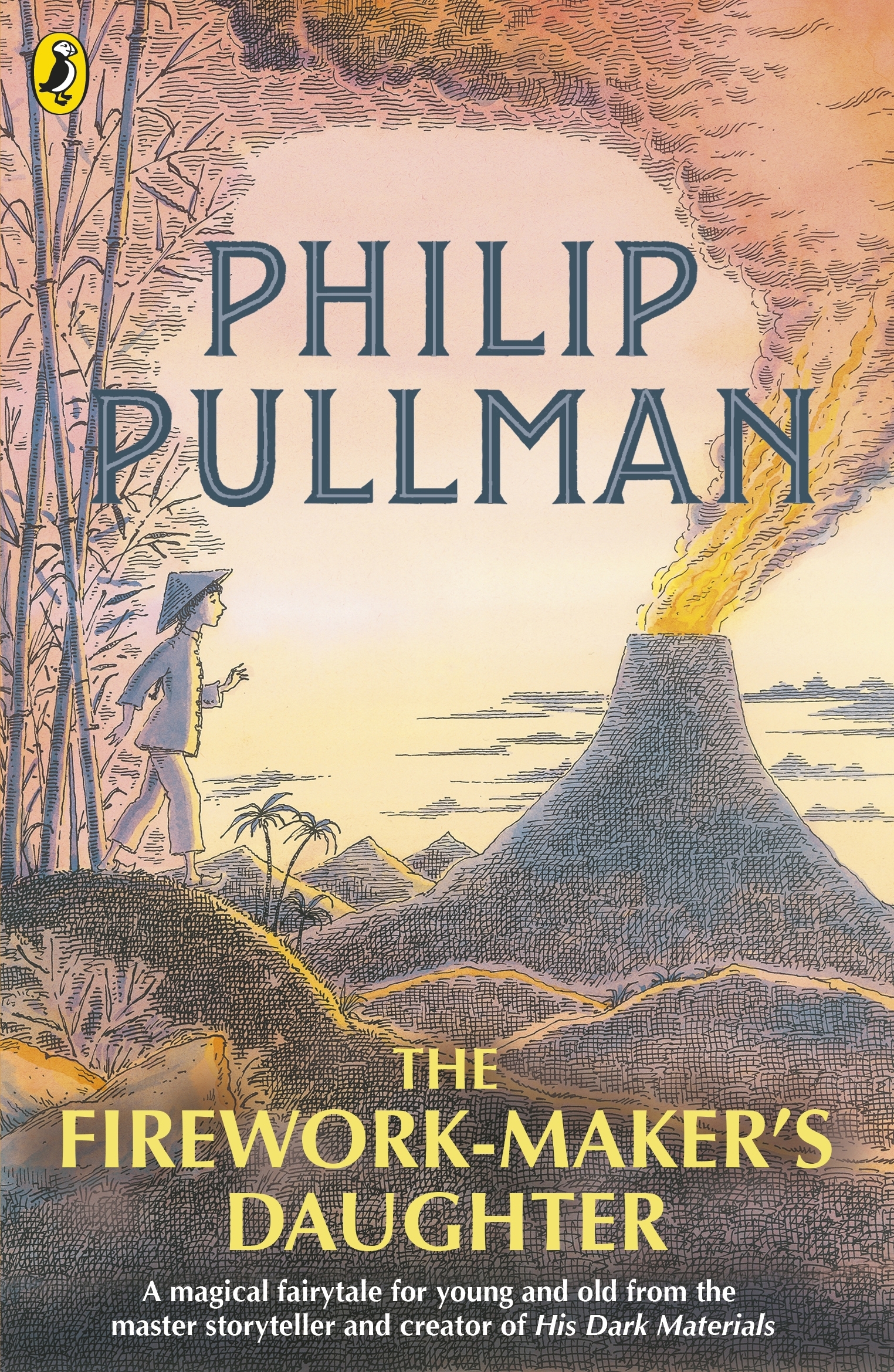A-maze-ing computing
As part of our Fighting Fantasy topic, we’re working towards creating our own maze-based games on a computer programme called Kodu. Last week we learnt about algorithms, decomposition and debugging.
Today, we’ve continued our learning about debugging by creating our mazes offline.
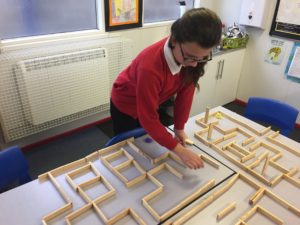
When we realised our maze didn’t work or wasn’t complicated enough or was too complicated, we had to debug in order to improve it.
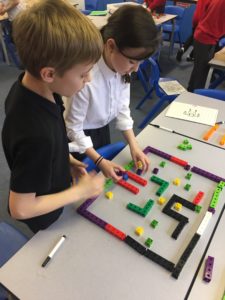
Using blocks, Lego or Kapla helped us to make sure we kept the lines of our mazes straight and allowed to be symmetrical with our designs.
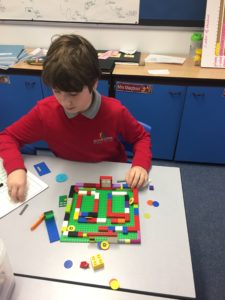
Once we were happy with the shape of the maze, we started to think about what the aim of the game would be, adding points or obstacles in our way.
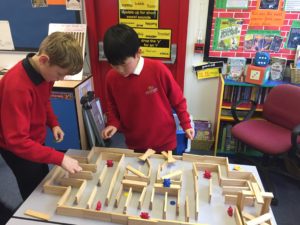
Next week, we’ll move our learning onto the computers and create our maze in Kodu.
At home, ask us how our learning is developing and see whether we can tell you how the game we’re creating will work. Here’s an explanation for how to play this maze.
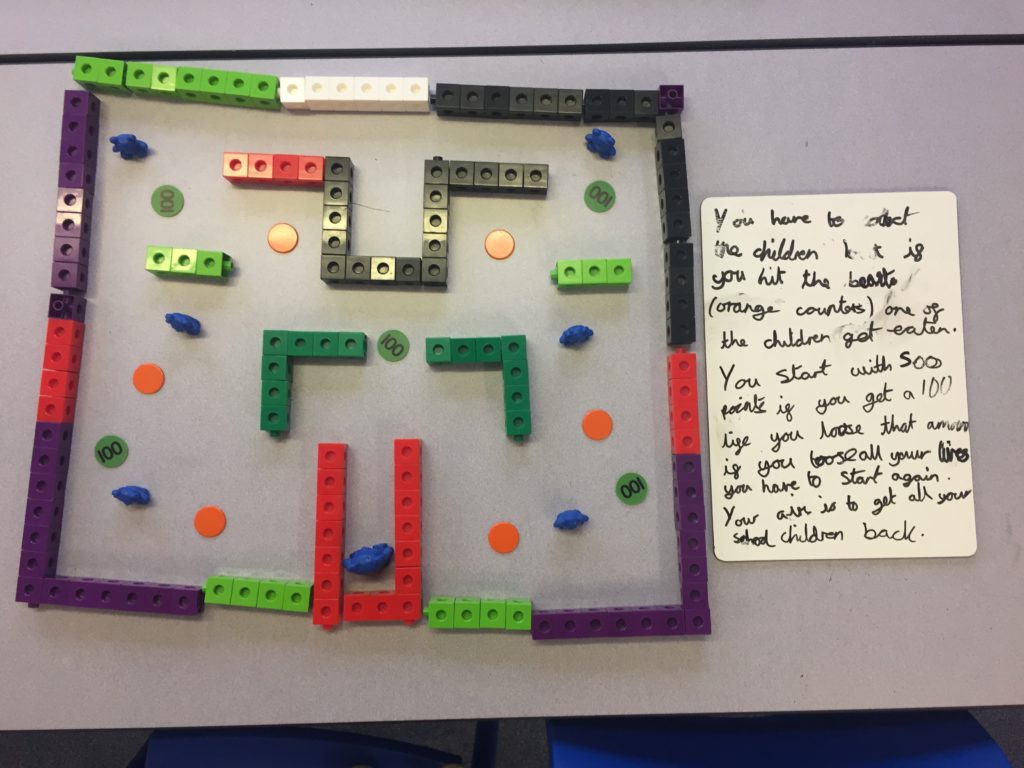
Living Streets new badge design competition
We are proud to work with Living Streets to support our aim for active and safe travel to and from school.
WOW is Living Streets’ year-round walk to school challenge and every day our pupils log their daily journeys to school on the WOW Travel Tracker. Those that make an active (walk, bike, scoot or park and stride) journey to school at least once a week for a month earn a WOW badge. There are 11 to collect across the year all of which have been designed by pupils in their annual badge design competition.
Living Streets are now asking for our pupil’s help to design a new badge. Details will be sent home shortly but take a look for some more information. Return your badge designs to your class teacher or the office.
Living and Learning: I can make things better
Year 6’s Creative homework was really impressive this week. They were asked to show how we can make things better and there were all sorts of creative responses with all sorts of different contexts: friendship, the environment, school, home life – the list goes on.
We always enjoy looking at each other’s homework and we write comments in homework books to tell each what we think.
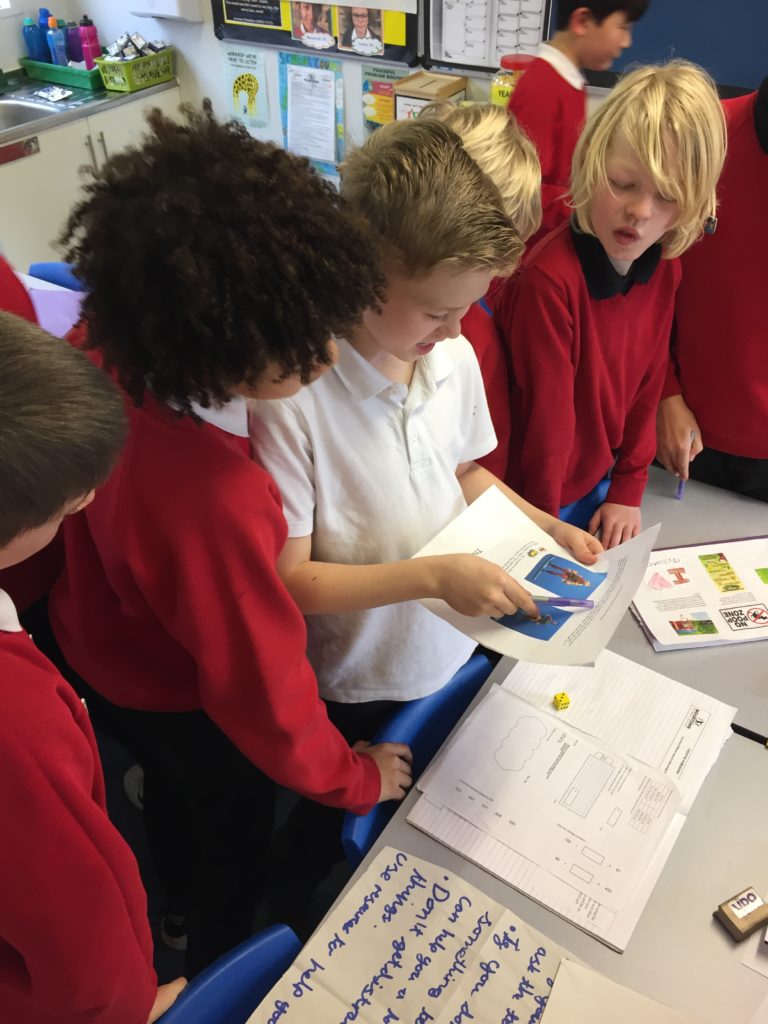
Lots of children liked Sachpreet’s homework – and not just for the great photo of the class back in Reception. They liked how she’d gone through the whole class saying what she felt each person had changed for the better.

Let’s let the dice decide
Year 6 turned their day into a Fighting Fantasy quest on Friday. They let the dice decide.
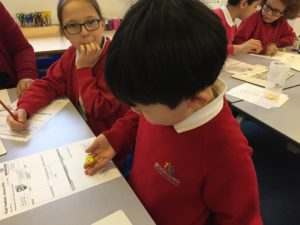
The dice decided which line came into the classroom first.
The dice decided when we did what lessons.
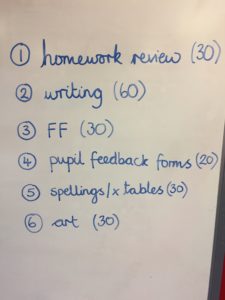
The dice decided what we ate for lunch.
The dice decided who we played with at breaktime.
It was an interesting day and, although they could choose not to, most children allowed the dice to make all of their decisions.
Quick Sticks hockey
Last week, some of our Year 5 and 6 children took part in the Leeds North East Quick Sticks hockey qualifying festival at Allerton High. Well done to all the children involved and thank you to staff and parents who supported the event.





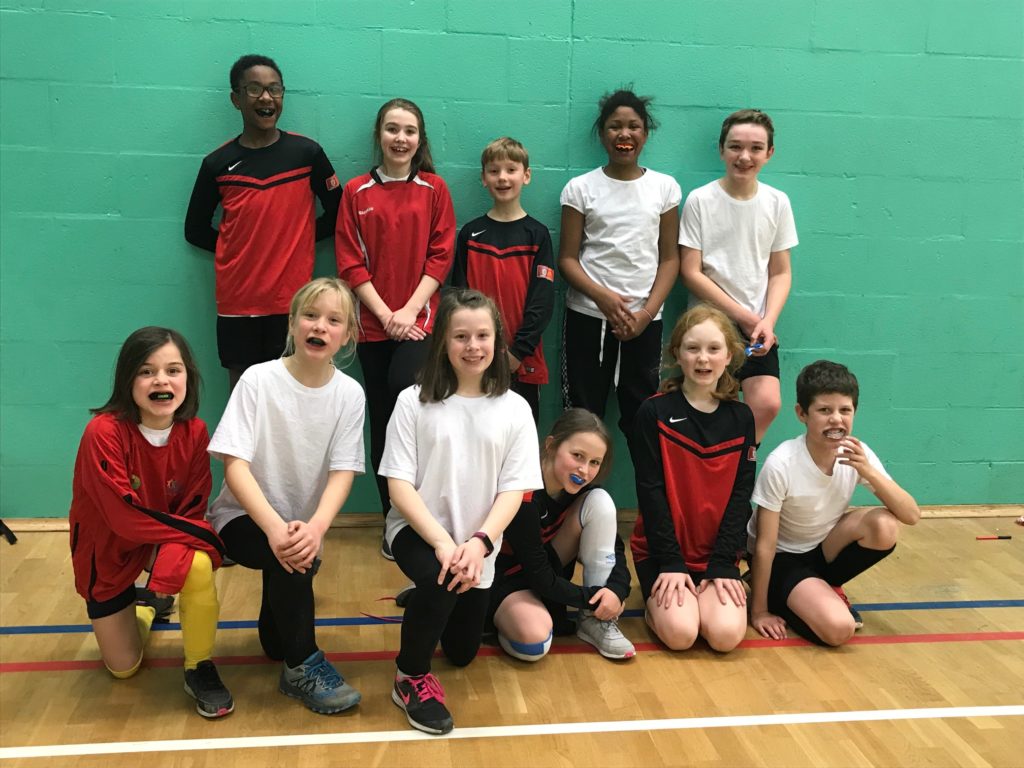
Maths: Katie and…
In a topic lesson, we looked at a variety of the Katie and… books. Children looked at the cover and blurb and then voted for which of the books they wanted to read next. We then put this data into a tally chart before making a class block chart. 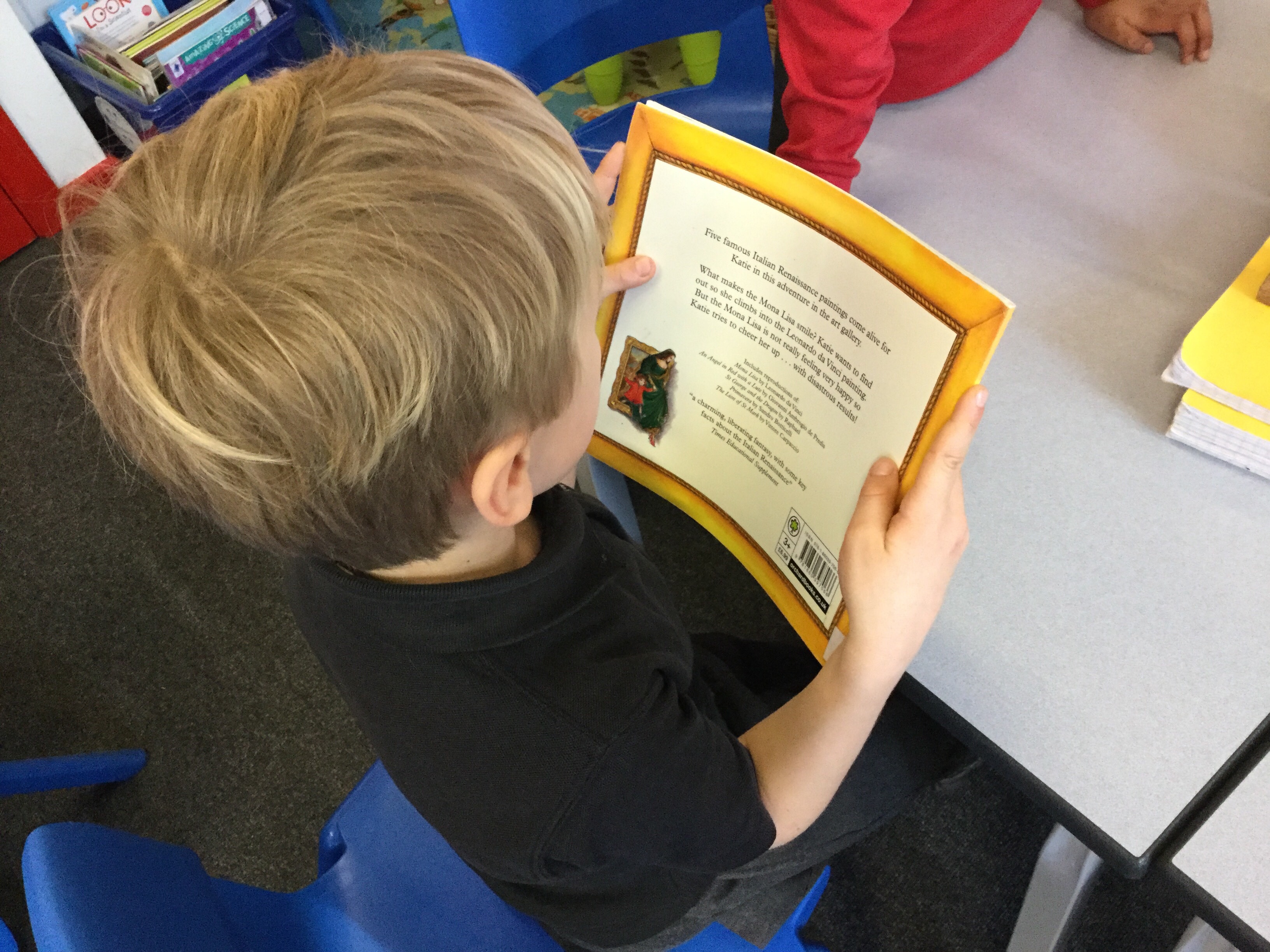

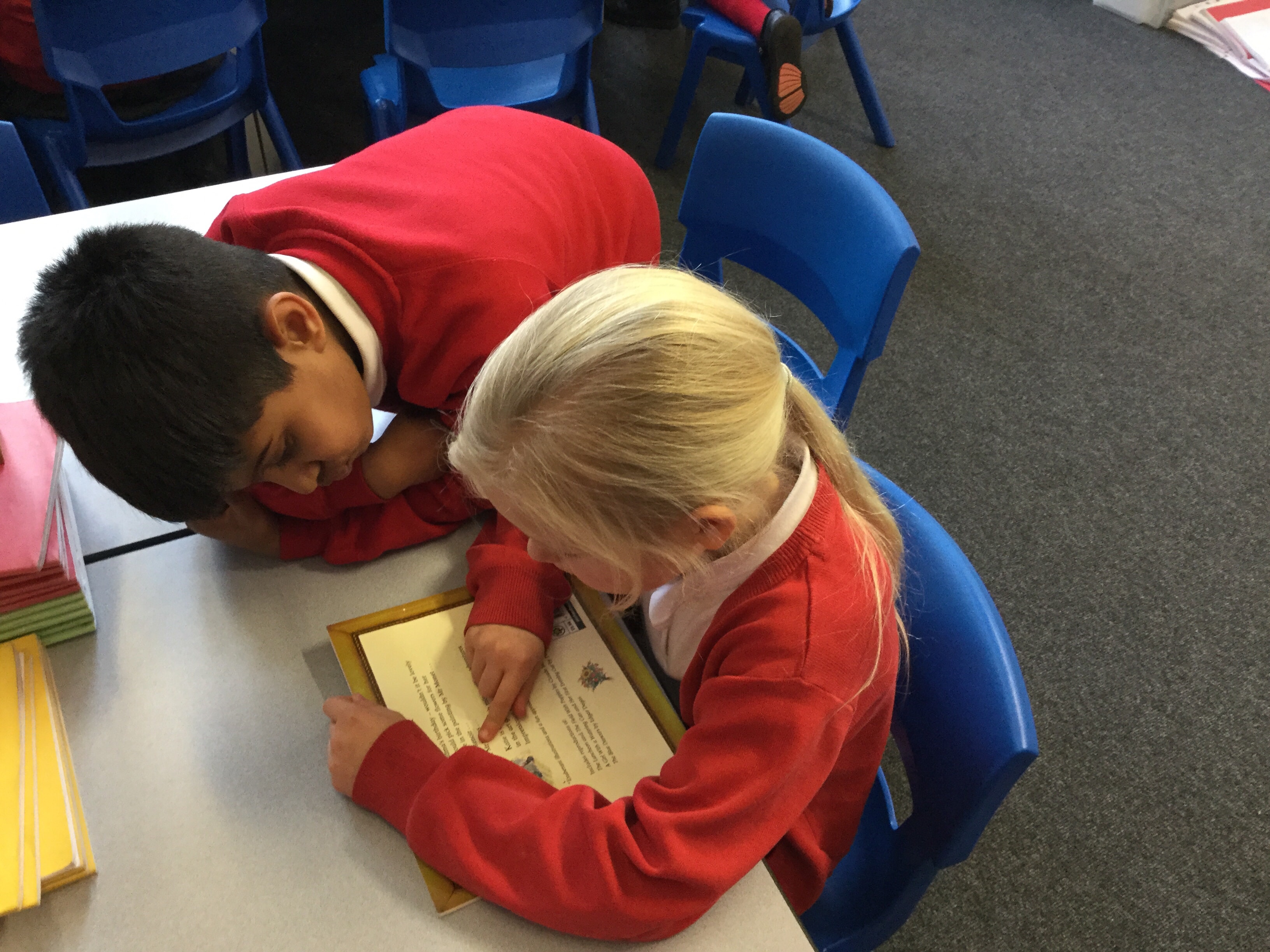


Stay and play
Thank you for attending our ‘stay and play’ session this morning.
We hope you enjoyed looking at your child’s learning journeys. The children really enjoyed sharing them with you.
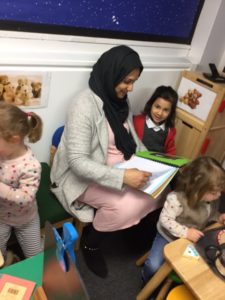
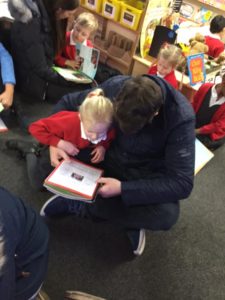
Fantastic Fireworks
Year 4 have been introduced to their new class novel.
Plot summary
A young girl called Lila wants to become a firework-maker, like her father Lalchand. Despite her talents, Lalchand believes this is an unsuitable job for girls. Lila disagrees, and journeys to get Royal Sulphur from Razvani the Fire-Fiend at Mount Merapi, as all aspirant firework-makers must do.
We discussed who’s read the book already, who’s read any other Philip Pullman stories and if anyone has seen The Golden Compass (a film based on one of Philip Pullman books).
Having read the beginning of the story, we examined how Philip Pullman chose to open the adventure. The children went on to think whether they could name any other stories that have similar openings.
Year 4 discussed the writer’s choice of vocabulary for the fireworks and the effective this has on the reader. In English, we looked at some of the names that Philip Pullman gave to the fireworks. Names like `Leaping Monkeys’, `Crackle-Dragons’ and `Tumbling Demons’.
Then, using a verb and a noun, we invented our own firework names and created an ingredients list. This was really exciting -we loved it! Take a look at some of our fireworks.
To add to this learning, the children used coloured chalks to sketch their explosive inventions.





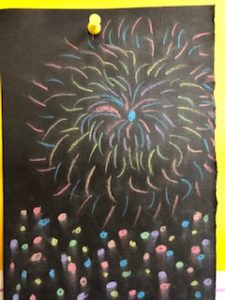








EasyPeasy
‘EasyPeasy’ is going live this Saturday 26th January. If you have not opted out you will receive a text message inviting you to access the many educational game ideas that you can do at home.
Each week, you will receive a text message with a new game that you can play in any location with everyday items that you’ll already have at home. EasyPeasy is designed to support learning through play!
This week the activity will be ‘stepping stones’. Let us know how you get on by commenting on the game. Look out for our comment with suggestions of how to adapt the game!
Living and Learning: What is a drug?
Today, Year 4 learnt that there are drugs (other than medicines) that are common in everyday life. We discussed possible reasons as to why people choose to use them. We shared our thoughts with each other and completed an activity focused around different types of drugs. These included caffeine, alcohol, tobacco and nicotine.

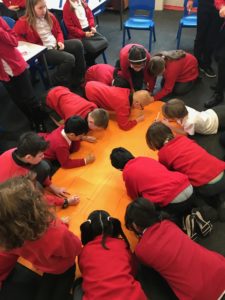
We all added our thoughts to the outline of a person.
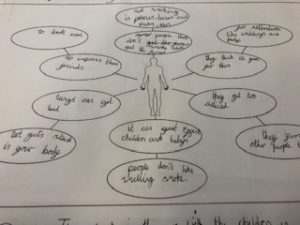
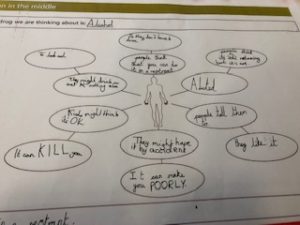
.
